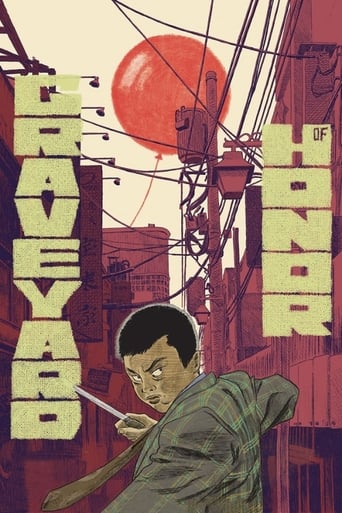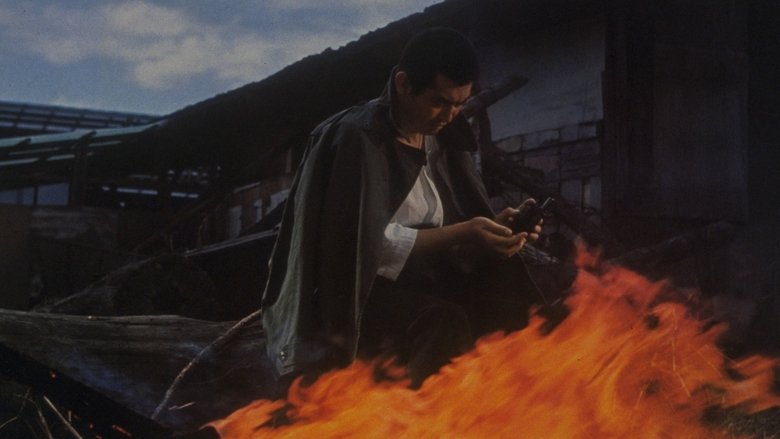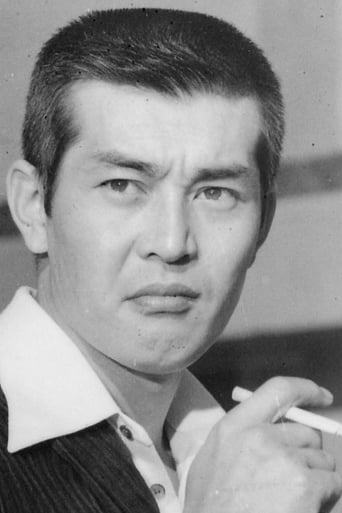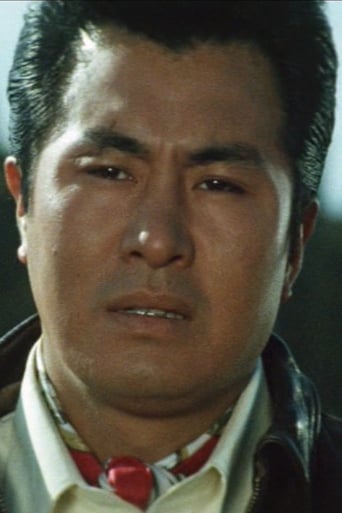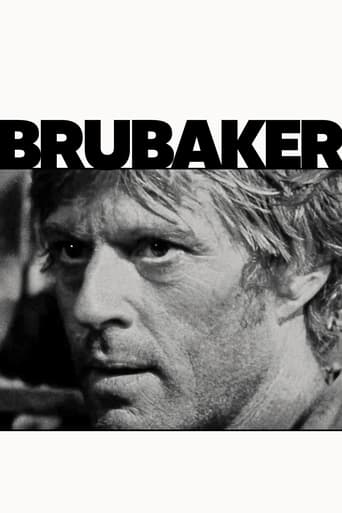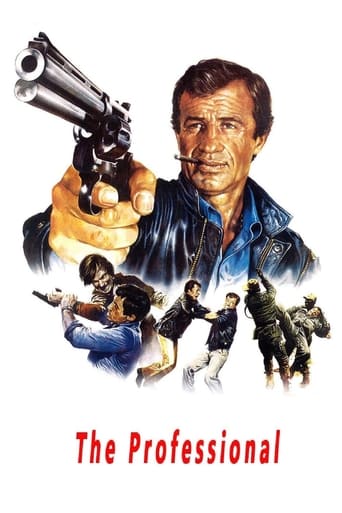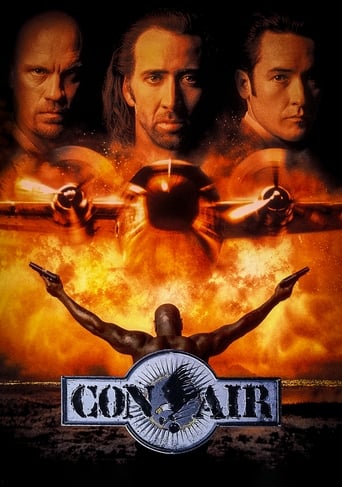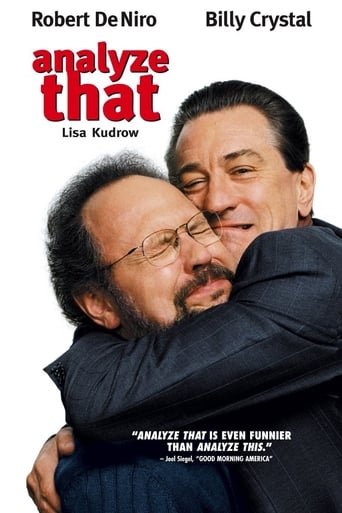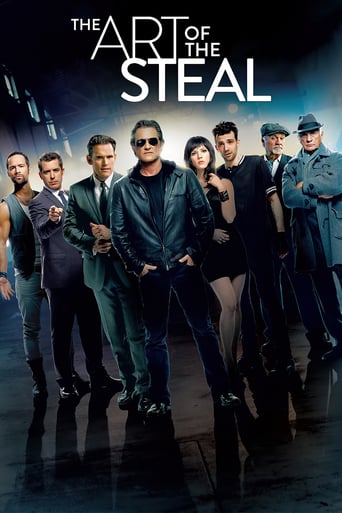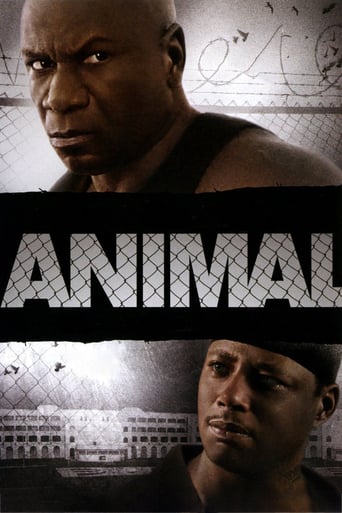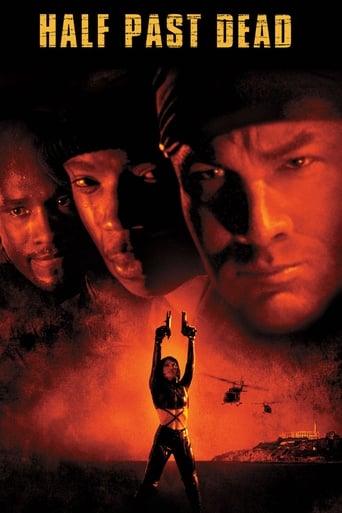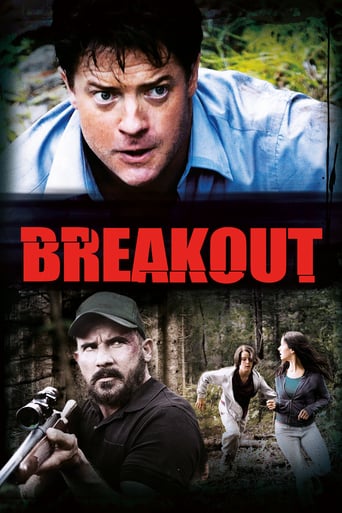Graveyard of Honor (1975)
A self-destructive man becomes a powerful member of the Japanese mafia but quickly loses his self control. Based on the true story of Rikio Ishikawa.
Watch Trailer
Free Trial Channels
Cast


Similar titles
Reviews
Boring
The joyful confection is coated in a sparkly gloss, bright enough to gleam from the darkest, most cynical corners.
The plot isn't so bad, but the pace of storytelling is too slow which makes people bored. Certain moments are so obvious and unnecessary for the main plot. I would've fast-forwarded those moments if it was an online streaming. The ending looks like implying a sequel, not sure if this movie will get one
There are moments in this movie where the great movie it could've been peek out... They're fleeting, here, but they're worth savoring, and they happen often enough to make it worth your while.
Unhinged and unpredictable renegade yakuza gang member Rikio Ishikawa (an excellent and intimidating portrayal by Tetsuya Watari) gets banished to Osaka because of his crazy and violent conduct. Only young courtesan Chieko (a fine and sympathetic performance by the lovely Yumi Takigawa) gives Rikio any shelter and support as his self-destructive behavior compounds the severity of his situation. Director Kinji Fukasaku relates the gripping story at a brisk pace, offers a fascinating and illuminating exploration of the Japanese mobster criminal underground and their strict code of honor, deftly uses a mock documentary newsreel style to give the narrative a strong sense of historical accuracy and authenticity, stages the exciting action with rip-roaring brio, and maintains a tough gritty tone throughout. The startling moments of savage violence pack a ferocious punch. However, it's the stark and unwavering way this film presents the main character as a real nasty and irredeemable bastard whose raging temper and fierce nature make him a constant threat to everyone around him including and especially himself that gives the plot its an extra potent nihilistic edge; Rikio is the sort of horrible person who just couldn't get out of his own way and thus was doomed to meet a harsh untimely end. Hanjiro Nakazawa's wild widescreen cinematography boasts loads of insane tilted camera angles and funky occasional use of sepia and freeze frames. Toshiaki Tsushima's rousing score hits the stirring spot. A blistering portrait of a dangerous psycho.
The late Kninji Fukasaku is arguably most widely known for the more recent "Battle Royale" (2000), but the films that have earned him the deserved status as a true master of uncompromising cinema are arguably his gritty Yakuza films from the 70s. Such as the famous "Battles Without Honor And Humanity" films or this disturbing gem called "Jingi No Hakaba" aka. "Graveyard of Honor" (1975). Produced by the great Toei company "Graveyard of Honor" must be one of the most uncompromising and depressing Gangster portraits ever brought to screen, and it is also easily one of the most memorable Yakuza films I've seen. Unlike many other gangster films which somewhat glorify the Mafia, this is a a brutal, uncompromising utterly grim portrayal of organized crime and one criminal in particular. Set in Japan of the late 1940s, "Graveyard of Honor" tells the story of real-life Yakuza Rikio Ishikawa (I don't know how accurate it is, though) in a disturbing and highly memorable manner.Tokyo, 1946: thug Rikio Ishikawa (Tetsuya Watari) outshines all of the fellow members of his Shinjuku Yakuza family - in madness, brutality and irascibility. His spontaneous outbursts of violence are dreaded by both enemies and associates. When he increasingly begins to attack associates and even superiors, he becomes an outcast... Unlike many Gangster characters Ishikawa isn't really likable in any way. He is portrayed as a violent madman who rapes, brutalizes and murders apparently for no reason. However, in a way, one does feel sorry for him. Overall, this tough and seemingly soulless beast of a man who is feared by even his criminal peers, is also a pitiable creature unable to find any joy in life. Tetsuya Watari is brilliant in his role of the uncontrollably violent yet pitiable maniac criminal. The only truly likable character in the film is Ishikawa's girlfriend (played by the beautiful Yumi Takigawa), who sticks with Rikio, the man who has raped her and made her a prostitute. Her story is the doubtlessly most heart-breaking part of the film. The supporting cast includes many familiar faces for fans of Japanese cinema, including Eiji Go ("Tokyo Drifter", "The Executioner", etc.) and the beautiful Exploitation-Princess Reiko Ike ("Sex And Fury", "Female Yakuza Tale", "Criminal Woman: Killing Melody",...) of whom I'm a big fan. The film is brilliantly shot in a very unique style, and seems very realistic and authentic. The violence is brutal, blood and uncompromising as the film itself. Overall, "Graveyard of Honor" is a truly remarkable film that must not be missed. Takashi Miike made a remake in 2002, but although I am a (moderate) Miike-fan I doubt that it's anywhere near as good as this one. This brutal, disturbing, sad and often depressing portrait of a violent madman must be one of the most uncompromising crime films ever made and no lover of Japanese cinema can afford to miss it.
Graveyard of Honor is a fantastic entry into the yakuza genre or, for that matter, the gangster genre in general. However, more so than many of its counterparts, it is an excellent Brechtian character study. Filmed in a "mockumentary" style, Graveyard of Honor breaks up its action and storytelling relatively often with bits of narration, setting the events of the film in their period context and transitioning over long gaps in time.A reviewer once equated this film to the "blacksploitation" films of the same period: this betrayed the reviewer's ignorance to the genre. The Japanese gangster film is far more presentational than its western counterparts. From the bright, red, paint-like blood to the strict characterizations and operatic emotions, Graveyard of Honor and other films like it are a sort of midway point between Kabuki theater and French nihilism. It is an intriguing genre, and one that internationally acclaimed director Kinji Fukasaku uses brilliantly to pose intriguing questions and point out crucial problems in the Japanese mindset of the time.To truly appreciate his 1970s yakuza films, it helps to have knowledge of the history leading up o that time from the end of World War II. Watching Graveyard of Honor on its own will certainly be an entertaining experience, but anyone perplexed or intrigued by the film should do research on other films of the period, their cultural context, and their societal implications. Fukasaku was a groundbreaking director, and it's a shame that his brilliance could be lost in the cultural gap.
Kinji Fukasaku is worldwide known for his Yakuza movies, different from the typical overall view the cinema had from Yakuzas. This movie is a good example of how far some yakuzas are from honor or pride.Fukasaku films Jingi no hakaba (Graveyard of Honor) as a mockumentary (fake documentary) which gives more emphasis to the actual yakuza situation. This movie follows the story of Ishikawa, the archetypical post-war gangster (as it's defined in the film). The character development is great, and very surprising. However, you may loose the plot in some points if you don't have an overall knowledge of the Yakuza organization.In conclusion, a very entertaining gangster movie the Japanese way. I hugely recommend for anyone looking for the roots of most of the Japanese and Hong Kongese gangsters movies nowadays (Takashi Miike, Takeshi Kitano, John Woo, etc.), you won't get disappointed.

